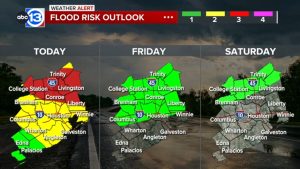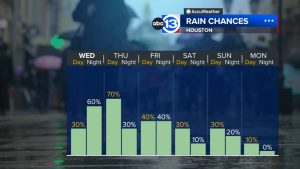
A group of Texas congressmen is gearing up to challenge a proposed bill aiming to link the state’s power grid to the national grid. Set to be introduced this Friday, the resolution is co-sponsored by U.S. House members Randy Weber, Troy Nehls, Pat Fallon, and John Carter, as revealed by The Hill.
Echoing sentiments expressed by the Electric Reliability Council of Texas (ERCOT), the resolution asserts that state authorities, not the federal government, are best positioned to assess proposals regarding the state’s power infrastructure. It denounces any efforts to federalize Texas electricity markets, emphasizing the authority vested in state regulators by the Public Utility Commission of Texas (PUC) and the state legislature.
“In Texas, we proudly maintain our own electric grid, overseen by Texans, not the federal government, and we intend to keep it that way,” stated Randy Weber to The Hill, emphasizing the importance of state control over the grid.
The resolution comes in response to the “Connect the Grid Act,” introduced last month by Texas Rep. Greg Casar and New York Rep. Alexandria Ocasio-Cortez. This bill advocates for connecting ERCOT to the larger U.S. electric grid, citing benefits such as cost savings, improved resilience during weather events, and advancement of national climate goals.
Rep. Casar rebuked critics of the bill, dismissing claims of a “pro-blackouts caucus” and highlighting the need for enhanced grid connectivity to prevent future power outages. He emphasized that the proposed legislation would not transfer control of the grid from ERCOT to federal authorities but would instead provide additional oversight to ensure fair pricing and effective transmission planning.
The debate over grid connectivity has gained prominence following the devastation caused by Winter Storm Uri, which plunged millions of Texans into darkness in February 2021. Supporters of the bill argue that integration with national grids would bolster resilience, while opponents emphasize the importance of state sovereignty in managing Texas’ power infrastructure.









